How to find product-market fit and transform your startup from failure to 99% market share - the accuRx story
Every startup is hunting for product-market fit; you can’t win without it. But how do you find it?
On the Secret Leaders podcast, Laurence Bargery, Co-Founder and CTO of accuRx, a health-tech startup that facilitates doctors to patient communication, explained how they took their business from bust health-tech product to 99% market share of all GP practices. Yes, 99% market share.
They had an idea that could’ve changed the world
accuRx's initial idea was to help solve the looming problem of antibiotic resistance – an issue that will eventually leave the human race increasingly exposed to germs and diseases. Their vision was to build software that would help medical professionals decide when patients should or shouldn’t be given antibiotics - ensuring patients got the treatment they needed whilst managing the risk of growing antibiotic resistance.
It was a great idea but there was no market for it
Clearly, this product would’ve delivered significant value - being a genuine existential threat to humanity and all - but after a year of working, the product simply wasn’t being used. There wasn’t a big enough market of customers willing to pay for it.
“A good day was when we hit double digits [for new customers]”
No matter what Laurence and the team tried, they couldn’t change people’s behaviour and were forced back to the drawing board. They hadn’t found product-market fit.
This is how they found the solution
We hear this time and again on the Secret Leaders podcast, but finding a solution started with speaking to their customers. For Laurence and the team, this meant getting under the bonnet of life in a GP surgery.
For three months, several members of the accuRx team woke up early and commuted to a GP practice in Oxford to observe its inner workings. They called their services “bespoke consultations”, but in reality, they wanted to understand what problems their customers were facing every day.
The result? After three months of listening to calls, observing conversations and generally “getting under the skin” of the GP practice, the team were inundated with high-quality problems they could tackle. Now their biggest challenge was deciding which problem to focus on first.
They ranked their ideas and started with something simple
The accuRx team decided to build a very basic tool that allowed GPs to send text messages to patients with much less faff than before.
They chose it because it was something that all GPs needed and it was incredibly simple - both for them to build and for GPs to use. Simplicity, combined with a possible market of every GP, gave them the best chance of gaining traction.
They built it quickly and started testing it with the GP practice they had been consulting with. The feedback was positive - users clearly valued the time saved.
How they growth hacked their way to their first customers
So, they now had a basic product they were confident GPs would value - but now they needed to reach those GPs.
accuRx decided to be personal and align with a lot of GP communications by reaching out to GPs offline. They sent leaflets to over 1,000 GP practices, each with a hand-written post-it note, explaining their brand new SMS tool. Two GPs got in touch and said they wanted to give it a whirl.
The product was so early stage they had to build websites for each GP practice that signed up. It’s a classic case of doing things that don’t scale, but it worked. They were able to attract their first customers and the rest, as they say, is history.
How they scaled to 99% market share
Their product was valued by GPs and they grew strongly, principally through word of mouth but also through referral features, which meant they had 50% market share, just before Covid hit.
Of course, the pandemic changed everything. Suddenly all GPs needed to remotely interact with their patients - and accuRx rolled out features to help them, like video consultations. Within a few weeks, they soared to 99% market share, which is frankly, crazy penetration.
They were in the right place at the right time - but most importantly they were solving problems their customers really cared about. They’d learnt the hard way that this is the foundation of startup success.
If you’d like to learn more you can listen to the full episode with Laurence here.
